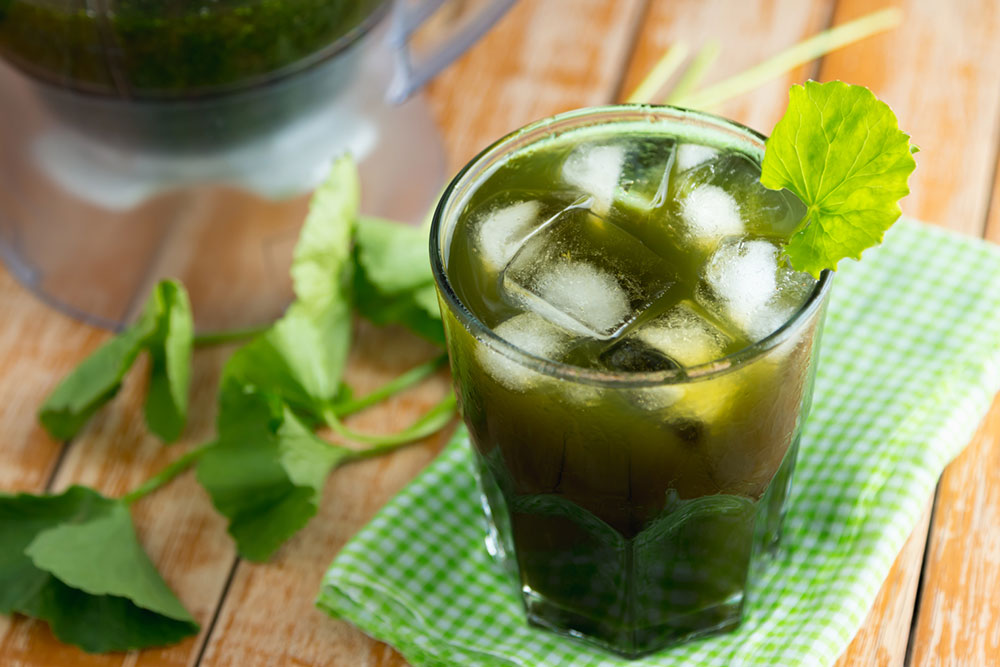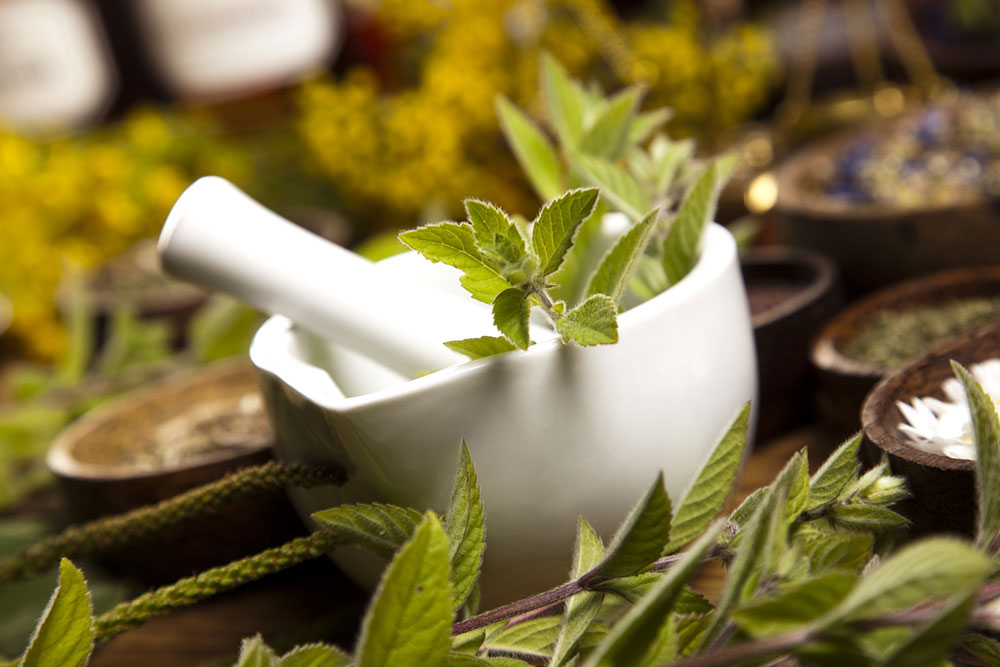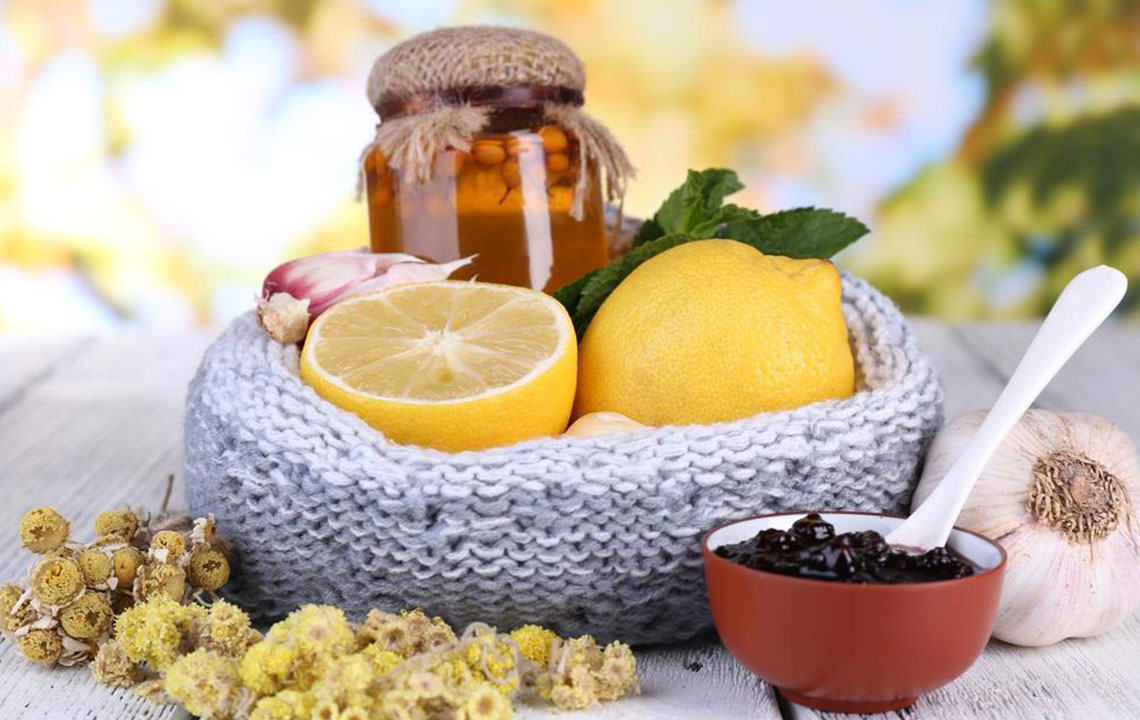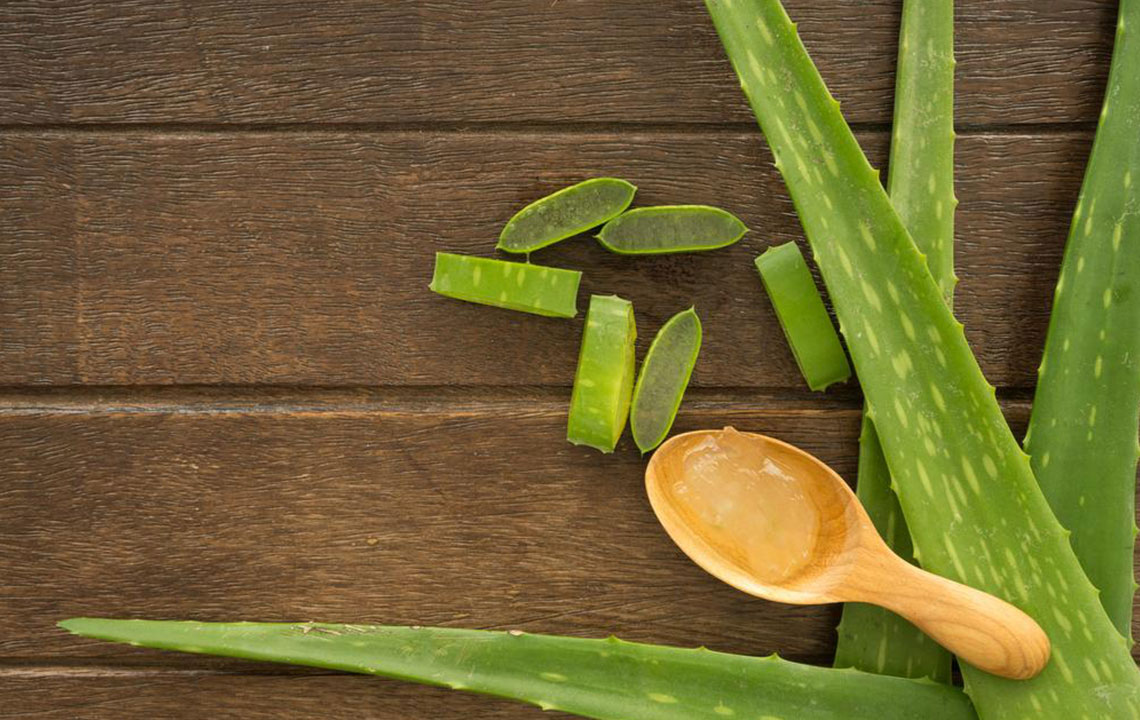Comprehensive Guide to Managing and Treating Enlarged Prostate (BPH)
This comprehensive guide explores effective management strategies for enlarged prostate (BPH), including lifestyle changes, natural remedies, and medical options. Learn how diet, exercise, herbal supplements, and habits can improve urinary health and alleviate symptoms. Emphasizing the importance of medical consultation, the article provides practical advice for long-term prostate wellness, aiding men in making informed choices to maintain their quality of life and prostate function.

In-Depth Strategies for Managing Enlarged Prostate (BPH)
Benign prostatic hyperplasia (BPH), commonly referred to as an enlarged prostate, is a pervasive condition affecting many aging men worldwide. This condition results from non-cancerous growth of the prostate gland, which can impose significant challenges on urinary function and overall quality of life. As men age, the prostate naturally tends to grow, but when this enlargement causes uncomfortable symptoms or complications, proactive management becomes necessary. The good news is that a combination of lifestyle modifications, natural remedies, and medical interventions can effectively alleviate BPH symptoms and enhance prostate health. However, it is paramount to consult healthcare providers for personalized treatment plans and to avoid self-diagnosis or self-medication.
Essential Lifestyle Changes to Promote Prostate Well-being
Adopting a high-fiber diet that includes fruits, vegetables, whole grains, and legumes can significantly improve digestive health and reduce constipation. Since constipation can exert pressure on the bladder and prostate, alleviating this issue can ease urinary symptoms associated with BPH.
Timing fluid intake wisely is crucial. Limiting fluids, especially caffeine-heavy or alcohol-containing drinks, in the evening can prevent nocturia—frequent urination during the night—which disrupts sleep and diminishes quality of life.
Maintaining adequate hydration throughout the day—approximately 2 liters of water—while avoiding excessive intake during evening hours helps balance urinary health and prevents irritation.
Regular exercise, including aerobic activities like walking, swimming, or cycling, plays a vital role in maintaining a healthy weight. Obesity is linked to higher risks of prostate enlargement and related complications.
Practicing double voiding, which involves urinating, waiting a few moments, and then urinating again, can help fully empty the bladder and reduce residual volume, thus decreasing urinary urgency and leakage.
For men experiencing urinary leaks, using absorbent pads or dedicated incontinence products offers discreet management and comfort.
Gentle manual techniques, like applying upward finger pressure at the base of the scrotum post-urination, might help in expelling residual urine, decreasing leakage risks.
Urinary sheaths and leg-mounted urine collection bags provide discreet options for managing urinary incontinence, especially in more advanced cases.
It’s advisable to avoid bladder irritants such as caffeine, artificial sweeteners, fizzy drinks, and alcohol, as these can worsen symptoms by inflaming the bladder lining.
Harnessing Natural Remedies for Prostate Health
Green tea, rich in antioxidants called catechins, has been shown to support immune function and may potentially slow down prostate cancer progression. However, due to its caffeine content, consulting a healthcare professional before daily consumption is recommended.
Foods rich in lycopene—including tomatoes, watermelon, pink grapefruit, and carrots—have antioxidant properties that may retard the progression of BPH and support overall prostate health.
Saw palmetto supplements are widely used herbal remedies for prostate enlargement. Research suggests they can reduce testosterone levels and decrease prostate size, alleviating symptoms such as frequent urination and difficulty in voiding.
Pumpkin seeds contain beta-sitosterol, which is known for its ability to improve urine flow, reduce residual urine, and ease urinary urgency in men with BPH.
Babassu oil, extracted from the nuts of the babassu tree native to Brazil, has anti-inflammatory and antioxidant properties, and may help in modulating testosterone production, thus protecting the prostate.
Pygeum extract, derived from African plums, has been used for centuries for urinary ailments. When taken in appropriate dosages, it may help reduce BPH symptoms such as nighttime urination and urinary flow issues.
Zinc is an essential mineral vital for prostate health. Incorporating zinc-rich foods like seafood, nuts, and seeds can support prostate tissue health and may prevent the development of enlargement symptoms.
Beyond these, other herbal options like stinging nettle, traditional formulations such as Cernilton, and Chinese herbal prescriptions like Zi-Shen pill are used to manage prostate health effectively. However, ensuring proper diagnosis, maintaining a nutritious diet, and seeking medical advice are crucial to designing an optimal management plan for prostate health.





